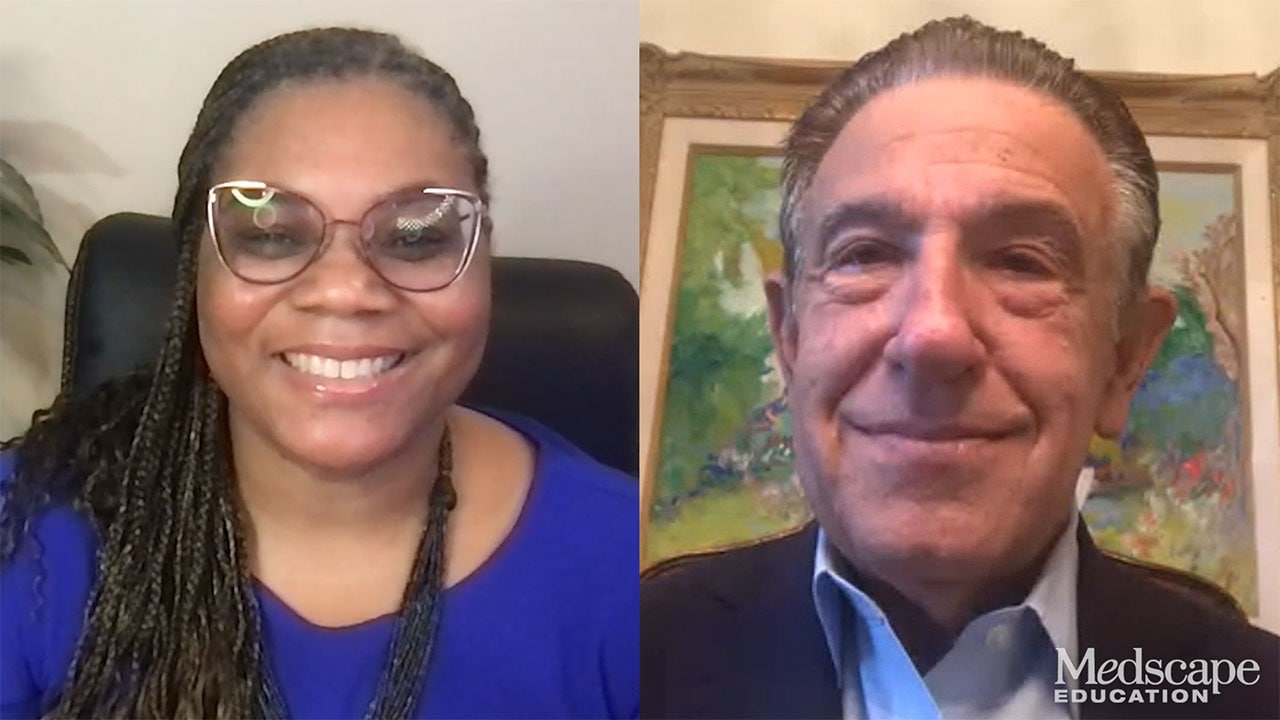(Reuters) - Roche's Genentech Inc sued Biogen MA Inc on Tuesday in San Francisco federal court, claiming Biogen owes additional patent royalties from worldwide sales of its blockbuster multiple-sclerosis and Crohn's disease drug Tysabri.
Genentech's lawsuit said Biogen owes royalties for all the Tysabri that was produced using Genentech's patents before the patents expired, even if it was sold later.
According to Genentech, Biogen has refused to pay royalties on any Tysabri sales since the patents expired more than four years ago.
A Genentech spokesperson said Wednesday that the company was "confident in the enforceability" of the patents.
A Biogen spokesperson declined to comment on the lawsuit Wednesday.
South San Francisco-based Genentech said Biogen signed a license to its patents, which relate to methods for manufacturing antibodies like Tysabri, in 2004 in exchange for a "mid-single-figure" royalty on sales of licensed products in the United States and an unspecified lower royalty elsewhere. Cambridge, Massachusetts-based Biogen's Tysabri was first approved by the U.S. Food and Administration the same year to treat MS.
Biogen earned more than $2 billion from global sales of Tysabri last year, according to a company report.
Genentech's patents expired in December 2018. The lawsuit said Biogen made its last royalty payment in March 2019 for Tysabri sales from the fourth quarter of 2018.
Genentech argued that because antibody manufacturing is complex and the effects of running out of the drugs can be "catastrophic," antibody drugmakers often save up "at least several calendar quarters worth of product, and often more than that."
It said Biogen owes royalties for "most or all" of the Tysabri sold in "2019 and beyond," which it said was made with the patented technology before the patents expired.
Genentech asked the court for the lost royalties and other money damages for Biogen's alleged breach of contract.
The case is Genentech Inc v. Biogen MA Inc, U.S. District Court for the Northern District of California, No. 3:23-cv-00909.
Reuters Health Information © 2023










